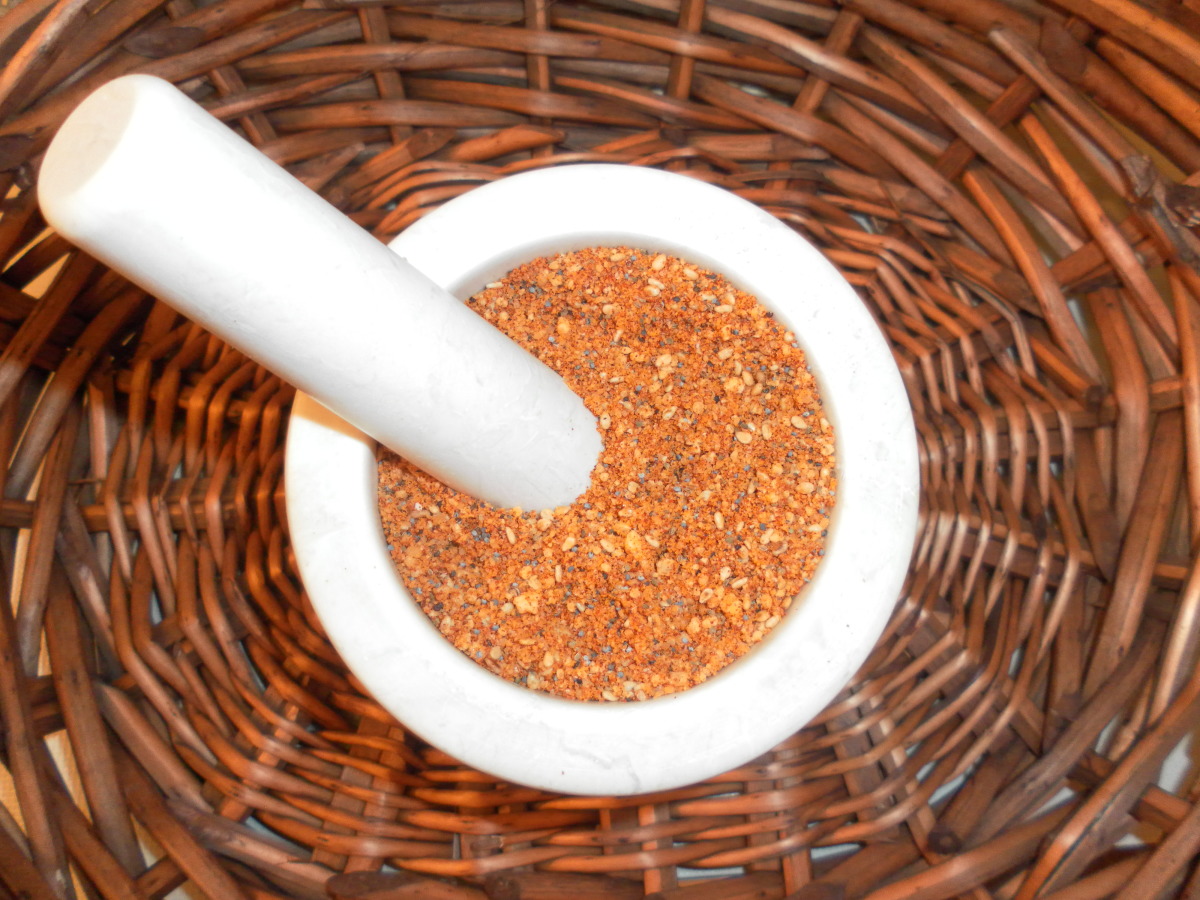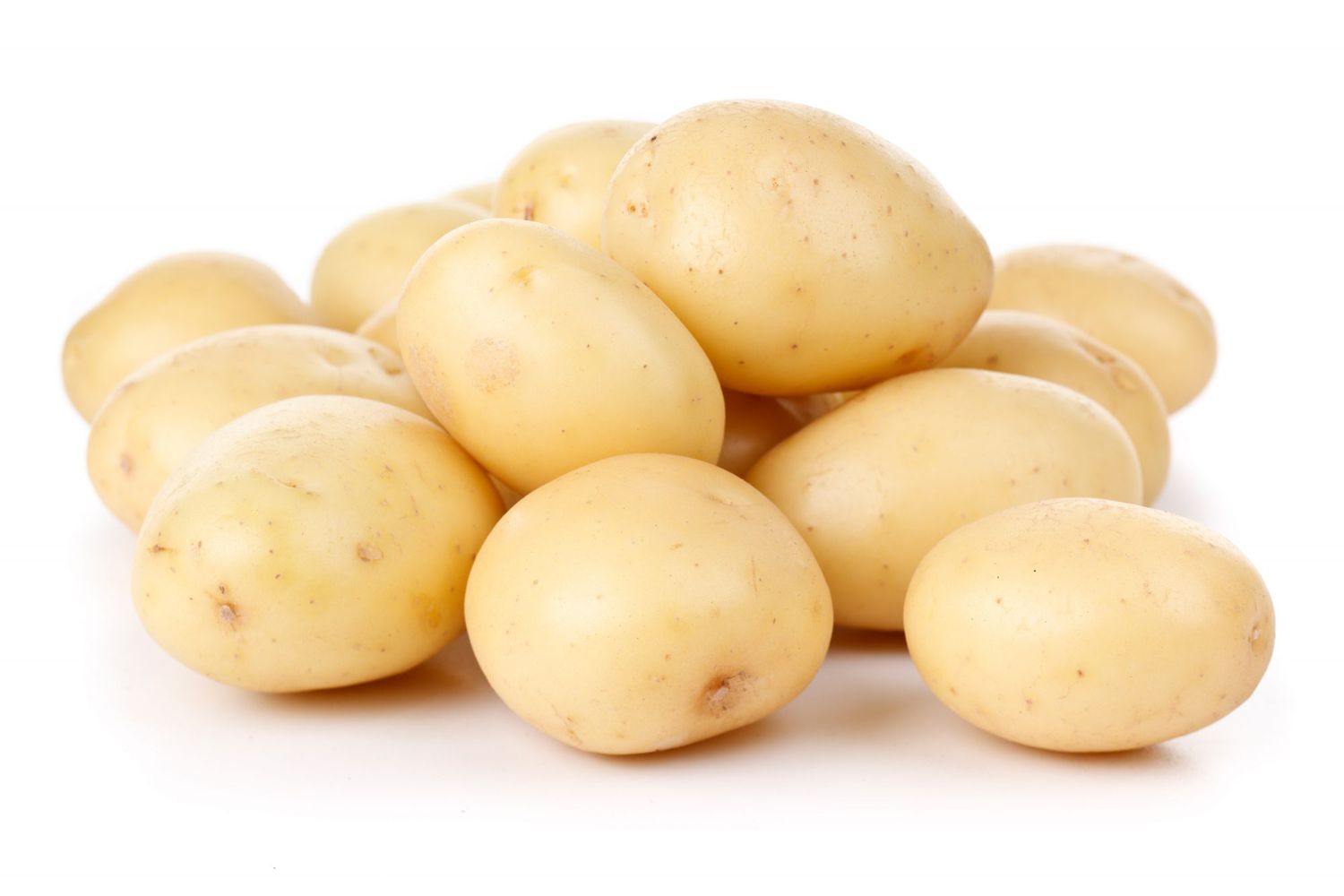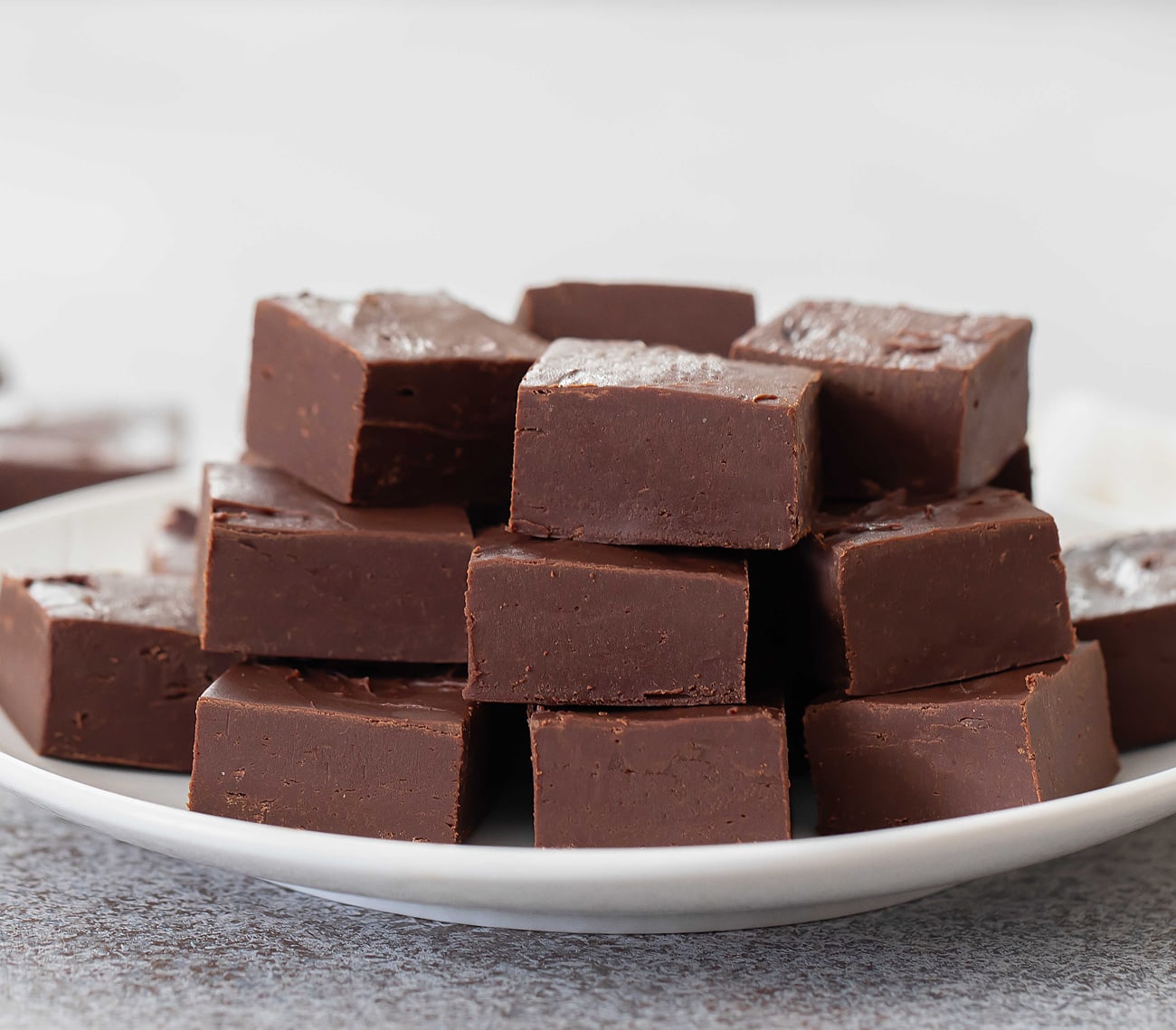Discovering the Delightful Winter Melon
Winter melon, also known as ash gourd or white gourd, is a unique and versatile vegetable that is widely used in Asian cuisine. Despite its name, winter melon is actually a fruit that belongs to the gourd family. Its mild flavor and ability to absorb the flavors of the ingredients it is cooked with make it a popular choice in a variety of dishes.
Characteristics of Winter Melon
Winter melon is a large, oblong-shaped fruit with a waxy green rind. The flesh inside is white and soft, with a mild, slightly sweet taste. The fruit can grow to be quite large, often reaching weights of 15-30 pounds. Despite its name, winter melon is typically harvested in the summer and can be stored for several months, making it a staple ingredient in many winter dishes.
Uses in Cooking
Winter melon is a versatile ingredient that can be used in both savory and sweet dishes. Its mild flavor and ability to absorb the flavors of other ingredients make it a popular addition to soups, stews, and curries. In Chinese cuisine, winter melon is often used in stir-fries and hot pots, while in Indian cuisine, it is used to make a popular sweet called ash gourd halwa.
One of the most well-known uses of winter melon is in the making of winter melon tea, a popular beverage in many Asian countries. The fruit is candied and then brewed to create a refreshing and slightly sweet drink that is enjoyed hot or cold.
Nutritional Benefits
Winter melon is not only delicious but also packed with nutrients. It is low in calories and rich in vitamins and minerals, including vitamin C, vitamin B, and potassium. The high water content of winter melon makes it a hydrating and refreshing choice, especially during the hot summer months.
How to Select and Store
When selecting winter melon, look for fruits that are firm and heavy for their size, with a smooth, unblemished rind. Store the whole fruit in a cool, dry place for several weeks, or refrigerate it for longer storage.
Conclusion
Winter melon is a versatile and nutritious ingredient that adds a unique flavor and texture to a wide range of dishes. Whether used in soups, stir-fries, or beverages, this humble fruit has earned its place in the culinary world and is definitely worth exploring in your own kitchen.
So, the next time you come across a winter melon at the market, don’t hesitate to bring it home and experiment with it in your cooking. You may just discover a new favorite ingredient that adds a delightful twist to your meals.
Was this page helpful?
Read Next: What Is Stuffed French Toast?











